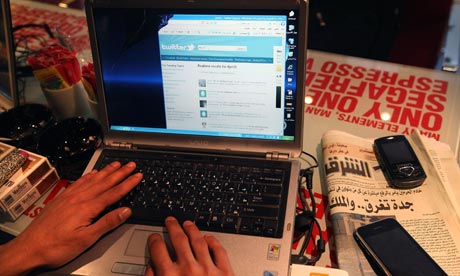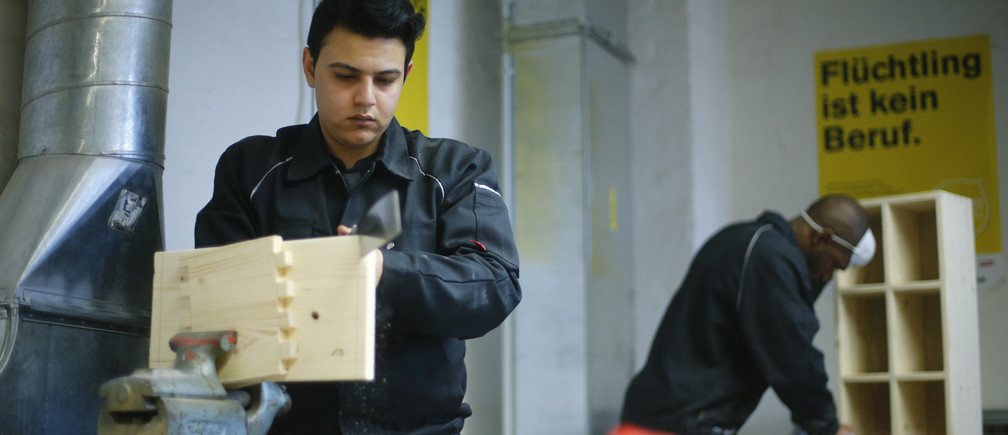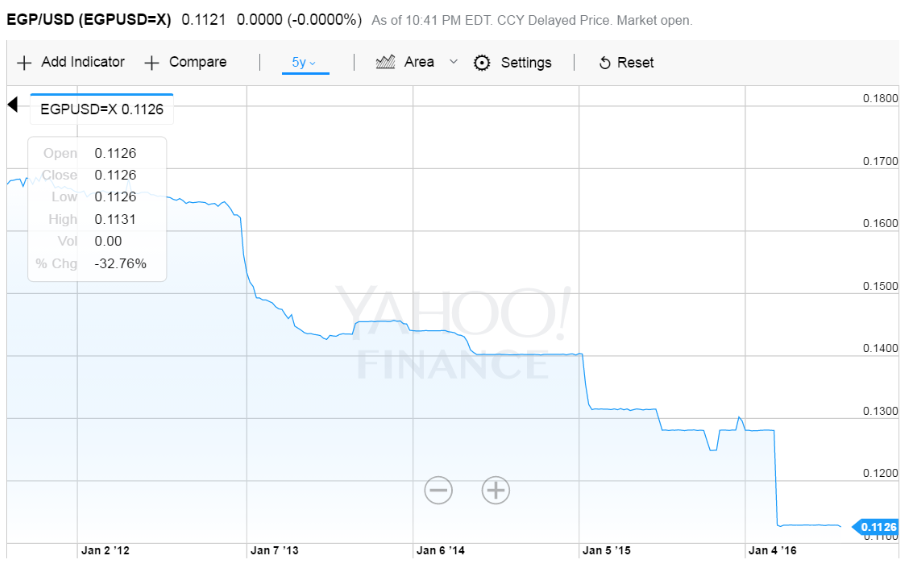
Random dude using Twitter with a random newspaper in Arabic
#shit. (in Egypt that would be #a7a).
Without overplaying its importance (no, it was not a Twitter Revolution, thank you very much) Twitter has nevertheless proven to be an invaluable tool for activists – in brief, to find updated and accurate information and news, to inform and publicize within their country and globally, and to communicate among themselves, particularly in time of crisis. The hashtag #egypt was the most widely used on the social network in 2011, and a Dubai School of Government survey estimates that Egypt had the largest number of active twitter users in any Arab Spring country. Such is the fear of governments from social networks, and Twitter in particular that it has repeatedly been blocked, in Egypt, Saudi Arabia, and elsewhere.
The initial panic was soon replaced by a fair bit of skepticism. Twitter has, after all, proven to be among the most activist of networks. From delaying a scheduled maintenance during the 2009 protests in Iran to quietly fighting a US court order to disclose private information on a number of its activist users, it’s hard to accuse the microblogging platform of clientelism to Middle Eastern governments. The $300 million stake of Saudi businessman Prince AlWaleed Bin Talal in Twitter, which represents a little above 3% of the company, surfaced of course – but were rapidly cast aside by logic (3% hardly qualifies anyone to make massive policy changes in a company) and by observers aware of Bin Talal’s business savvy which rules out such a damaging move.
Nevertheless talks about alternatives sparked – from identi.ca to Open-source social network Diaspora, with users comparing their merits and disadvantages being debated. The spirit of Jordan-based microblogging platform Watwet, which closed doors in June 2011 was also briefly summoned before being laid to rest – if censorship is the concern, a website under dictatorial jurisdiction may not be the best idea.
Very rapidly though workarounds neutralizing the risk of censorship circulated, the simplest being to change, in the user’s profile, the country of location to one where the blocked tweets were public. Which comes in handy for a large number of users, as many users in the Middle East do not list their country of origin to protect their identities – a discrepancy noted by social media experts and which explains why estimations of user numbers in Arab Spring countries vary wildly.
Further doubts on the efficiency of the Twitter censorship were practical ones. Social media expert and University of Maryland sociology professor Zeynep Tufekci pointed out the impossibility for dictatorial regimes to “fight it tweet-by-tweet”, underlining that the usefulness of twitter is largely its network and the multiplicity of sources and routes of information, more than individual tweets and as such cast doubts over the entire censorship usefulness. Tufekci is most supportive of the transparency the move introduces, by effectively informing users of what has been cancelled, rather than the content disappearing with no trace.
It is doubtful that users, in the Middle East or beyond, will flock away from Twitter – the strength and breadth of its network makes it near impossible to replace or replicate on the short or medium term. Furthermore it doesn’t appear users would be willing to let go of their favourite platform: even discussions about a one-day warning blackout to take place on Saturday the 28th are lukewarm at best. Most importantly though it doesn’t appear it will be necessary, given the softness of the censorship and its easy circumvention – in fact how it easy it is to circumvent makes it feel as if it was a deliberately easy to access back door, for Twitter to meet the control requirement or “historical or cultural reasons” for content restriction it cited in blog to justify this new policy.
And as Twitter appears to be willing to fight for its users freedom of speech, by pledging to report any tweet censored or, as it has done before, to challenge court orders, users are feeling relatively comforted that the network won’t sell them out.
And that trust, particularly for activists, is hard to replace.



